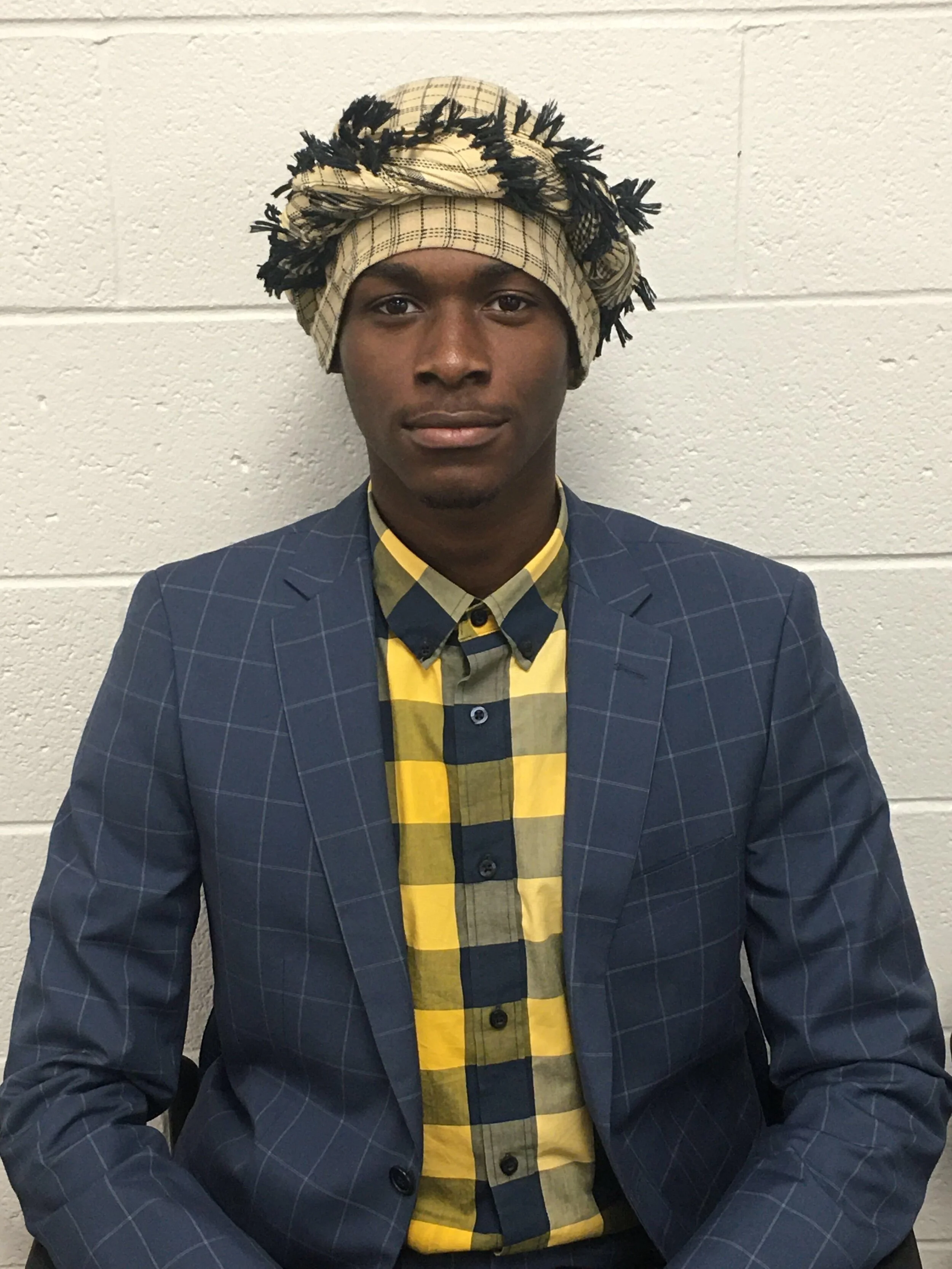Is America a Home for All?
By Hafeezat Bishi
In the iconic Broadway show “Hamilton,” Lin-Manuel Miranda and Daveed Diggs, who played Alexander Hamilton and Marquis de Lafayette/Thomas Jefferson respectively, sing this famous line in the song “The World Turned Upside Down:” Immigrants, we get the job done.
That line has been quoted by immigrants and descendants of immigrants since the show premiered and just like in 1781, the sentiment still rings true. Immigrants are the backbone of this country, the ones that created the foundations that we live with today. And yet, they are subjected to attacks based on their status here on a daily basis.
Recently, the Trump administration implemented two new pieces of legislation that pertain to immigrant communities. On January 31st, the administration announced the extension of the travel ban, infamously known as the “Muslim ban,” which put immigration limitations on several countries with large Muslim populations. The extension now includes Nigeria, Eritrea, Kyrgyzstan, Myanmar, Sudan, and Tanzania.
For the four former countries, there is now a suspension on the issuance of permanent residency visas, but temporary visas won’t be affected. For the latter two, there will be no issuance of “diversity visas” while this policy is in place, which will disallow immigrants from those countries to come to the United States via lottery.
The other policy, approved January 27th by the United States Supreme Court, is a new “wealth test” which, according to the Washington Post will, “establish new criteria for who can be considered dependent on the U.S. government for benefits—‘public charges,’ in the words of the law—and thus ineligible for green cards and a path to U.S. citizenship.” This means that those who either have a history of using welfare or are deemed likely to need it, are unable to become citizens in the U.S.
Dilara Eran, an immigrant from Turkey and a sophomore global studies and Spanish major at Temple University, provides this call to action for those with the privilege to access knowledge about these issues.
Photo Credit: Dilara Eran
“If you live in the United States, and you have access to social media or the internet, educate yourselves,” Eran said. “Do not hear something negative, look for ways to have confirmation bias, and make large communities lives a living hell.”
The extended travel ban was implemented due to the aforementioned countries not meeting security protocols that the United States asked for. The idea behind the wealth test is to bring in immigrants who are self-sufficient and are able to sustain themselves without the usage of public benefits, rather than those who may come from impoverished backgrounds.
However, this perpetuates the tired rhetoric surrounding immigrants that they are dangerous, overuse welfare, and are lazy. For some young immigrants and children of immigrants, this stereotype is something they disagree with.
Oluwatobi Mojeed-Balogun, a junior economics major at Howard University, finds the new policies to be discouraging. His parents hail from Nigeria, and for them being in this country serves as a gateway to opportunity.
Photo Credit: Oluwatobi Mojeed-Balogun
“My dad is like really into pop culture. He would always see the United States and American culture in movies and music and whatnot, so he always wanted to come,” Mojeed-Balogun said. “I think the new policies are reactionary, they were created to distract from the real reasons and structural problems in this country.”
Nick Ramos, a sophomore at Haverford College, does not believe that immigrants are lazy. His parents came to the United States from Colombia in the early 2000s, not only for safety, but to provide Ramos a better life since his mother was pregnant with him. He has seen the work his parents have done to fulfill that dream.
Photo Credit: Nick Ramos
“Immigrants are a core foundation of this country,” Ramos said. “They are some of the hardest working people you’ll ever find anywhere.”
Kramoh Mansalay, a senior at Academy Park High School, seconded this statement. Mansalay’s family ties stem from across West Africa, with their roots mainly connected to Liberia. His family came to the United States in order to escape civil war––a journey that would not have been easy to complete if the policies that exist today were in place.
Photo Credit: Kramoh Mansalay
Mansalay’s father attended medical school in Liberia during the war. A degree that would typically take one to five years to complete took his father nine years due to the unrest in Liberia.
“So, when I think about lazy and uneducated, that is something that I would never, ever associate with an immigrant because my father is an immigrant,” Mansalay said.
This misconception continues to spread around because there is a lack of progressive discussion surrounding immigrants and their place in this country. These policies stunt that conversation and push out a narrative about immigrants that is false and not told by them.
Undocumented immigrants, including DACA recipients, are unable to obtain welfare. For legal immigrants, they have to be here for a certain number of years before they can receive benefits. When they come to this country, they come because there is a dream of a better life associated with the United States. These policies strip that dream away from thousands of immigrants escaping poverty, war, hunger, and more.
The portrayal of immigrants out there isn’t all that it appears to be at the surface. Take time to speak to some immigrants and listen to their stories of why they’re here. Have compassion and recognize that they are valuable contributors to this country just like those who are born here.




